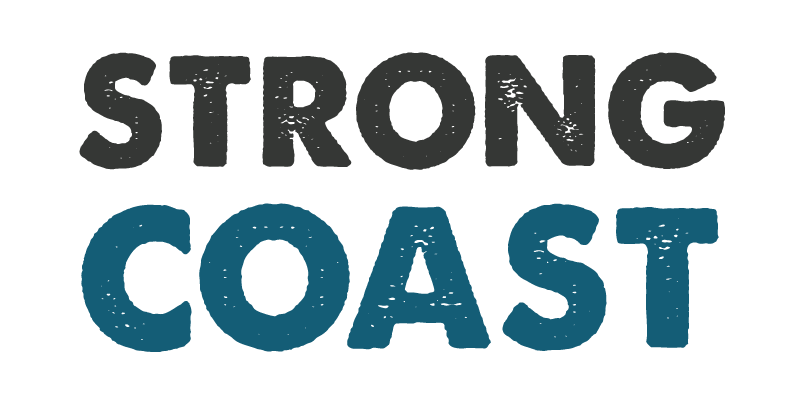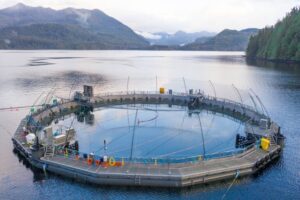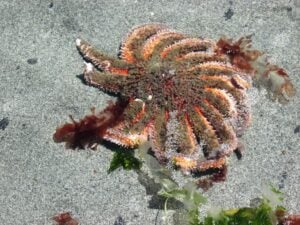A Scarborough, Ontario man has been fined $5,500 after being caught harvesting 312 oysters—26 times the legal daily limit—while unlicensed and collecting from a prohibited area on Vancouver Island in August 2024.
Raul Dumelod was convicted last month in Courtenay provincial court for exceeding the daily shellfish harvesting limit and fishing without a valid tidal waters licence, according to Fisheries and Oceans Canada (DFO). The charges followed a patrol by federal fishery officers on August 29, 2024, in Buckley Bay, BC.
Violation Far Exceeded Legal Limits and Took Place in a Restricted Zone
Although initial headlines described Dumelod as being “300 over the limit,” that framing significantly downplays the scale of the violation. The recreational limit for oysters in the area is 12 per day—but because Dumelod did not possess a valid licence, his legal limit was effectively zero. In reality, he was 312 oysters over his allowable amount.
Officers observed Dumelod with a large bucket during low tide and found two more full buckets of oysters in his van. They also determined he had been harvesting within a clearly marked commercial oyster lease, where public harvesting is strictly prohibited. A recreational harvesting area was located just 300 metres away, but Dumelod was not in compliance with any of the conditions required to collect shellfish.
“It is especially important for tourists to make sure they are fully informed of the rules on where and what they can fish and, in the case of shellfish, where harvesting poses a risk to human health,” the DFO said in a statement.
The oysters were seized and later reseeded by fishery officers in an appropriate location to reduce the environmental impact.
The Importance of BC’s Shellfish Harvesting Regulations
Beyond breaching quantity limits, Dumelod’s actions potentially put public health and ecological sustainability at risk. Shellfish harvesting is heavily regulated in BC due to the presence of naturally occurring toxins like paralytic shellfish poisoning (PSP), which can be fatal if consumed from closed or contaminated areas.
Furthermore, illegal harvesting can lead to overexploitation of shellfish populations, hindering their ability to reproduce and maintain healthy population levels. For instance, harvesting undersized clams impacts their capacity to repopulate, potentially resulting in unsustainable fisheries and necessitating management changes or closures.
“Unlicensed harvesting can deplete the resource, remove the opportunity for other licensed harvesters and threaten the significant economic and social benefit to coastal communities, including recreational fisheries, tourism, the livelihood of commercial harvesters and traditional food sources for Indigenous people,” said the DFO in a statement about two individuals who were fined in May 2024 for exceeding the daily quota for clams.
Under the Fisheries Act, violations involving unauthorized or excessive harvesting can carry penalties of up to $100,000 for individuals.
The DFO urges the public to report suspected illegal fishing to its 24-hour line at 1-800-465-4336 or via email at [email protected].




